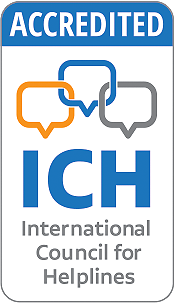By Conor Orr
During Pride Month, it’s especially important to celebrate the diversity, authenticity and long-faught-for freedom of the LGBTQIA+ Community. We also recognize that some community members may be working through their own unique mental health challenges.
For example, given the rise in public anti-trans sentiment, whether it be through legislation, social media or other public outlets, there may be an increased need for those who are exploring a gender transition or have already transitioned, to receive emotional support and mental health care.
Mental Health America has a great checklist of important elements regarding gender-affirming mental health care. This list may be helpful to both providers and individuals seeking services.
- Look for someone who begins the conversation using gender-neutral language, which creates a space free of expectations. “Coming out” or defining oneself comes with time and trust.
- Look for someone who displays their allyship. As Mental Health America notes, pride flags, “affirming quotes, artwork, or books and magazines featuring LGBTQIA+ figures,” can all be small gestures that mean a great deal.
- Look for someone who follows your lead. Perhaps you are entering a mental health space to deal with an issue relating to your gender identity. Maybe you are not. Be sure that whoever you end up working with gives you the space and the opportunity to set the parameters.
- Look for someone who is willing to admit to mistakes and work past them. It’s impossible to expect perfection out of anyone, so if a therapist uses incorrect pronouns, for example, and is willing to recognize their mistake and get to the heart of what you’ve come to discuss, make note of their efforts.
The process of finding and entrusting the right person with your mental health care can sometimes be an arduous one and can take some trial and error. But, as we’ve seen time and time again, it can ultimately yield incredible results; insights, comforts and tools that can change life for the better. For those in the LGBTQIA+ community, especially during Pride month, it’s valuable to remind ourselves and those we love that there is good help for everyone out there.








